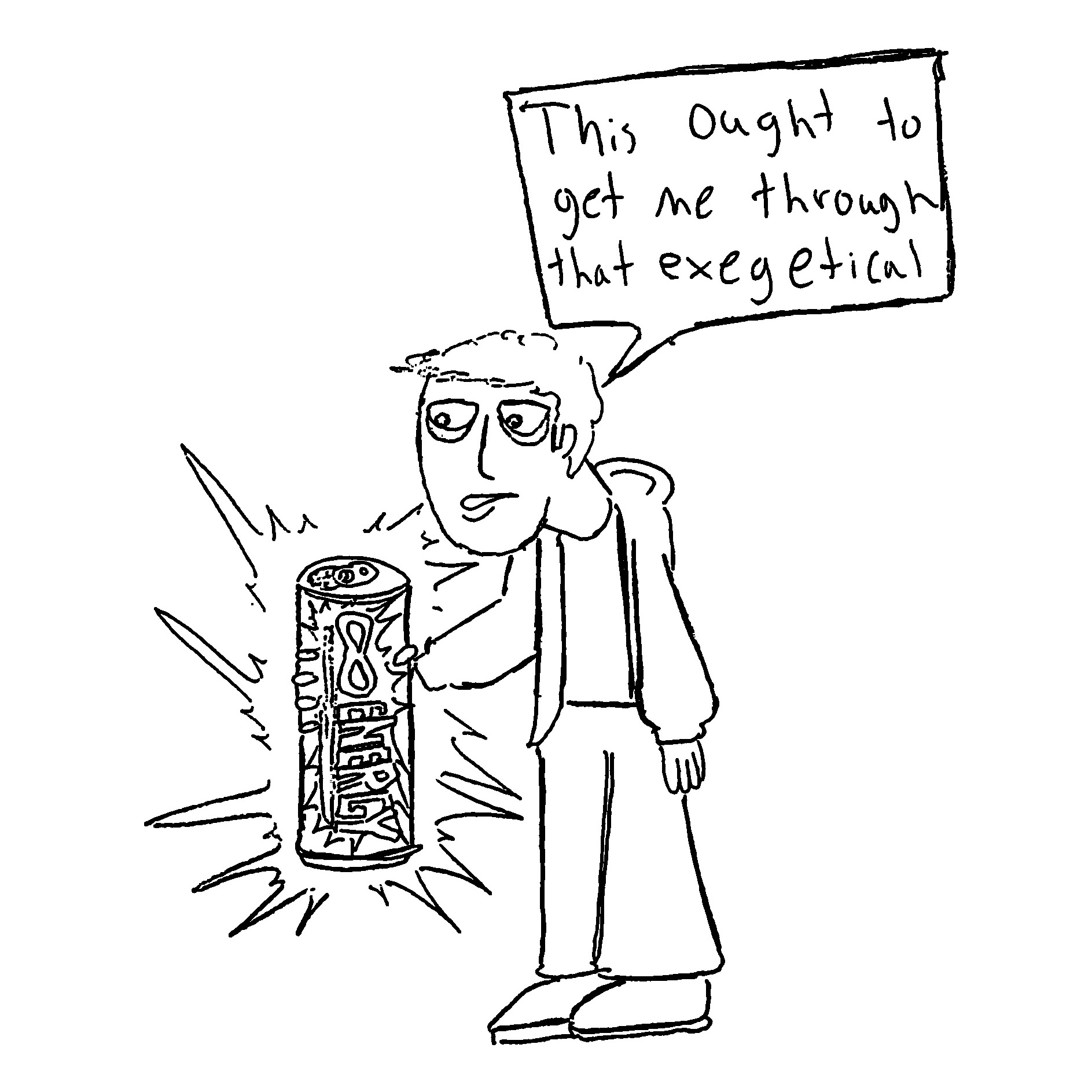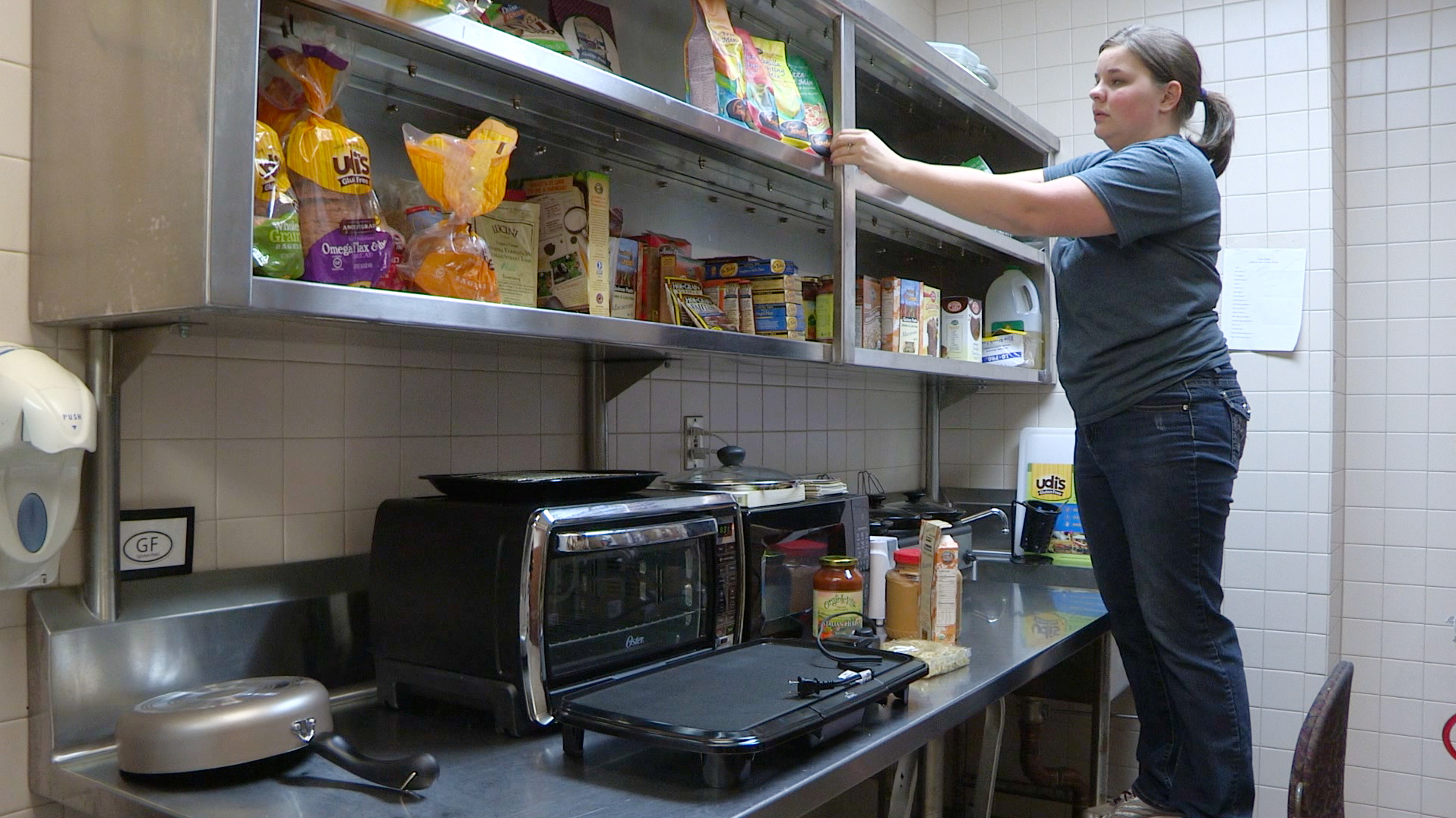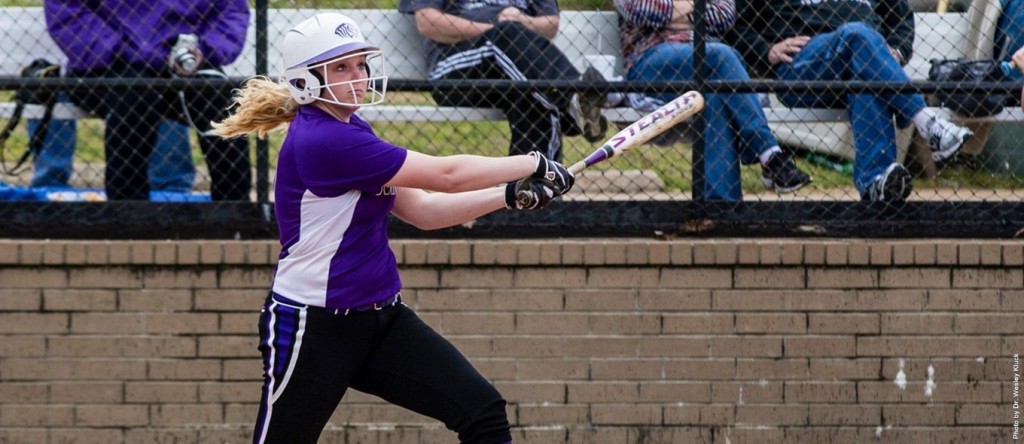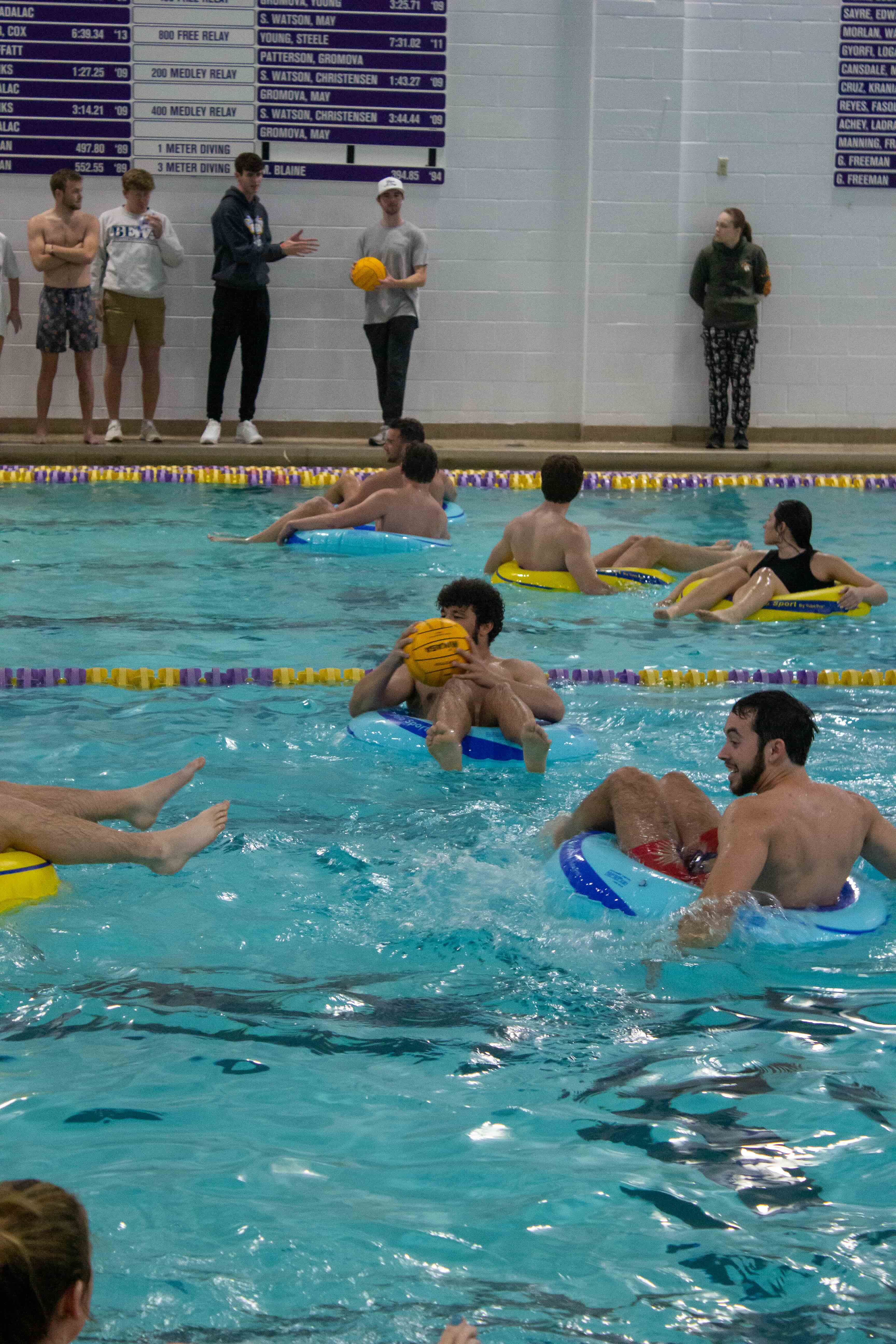“I’m tired.”
This could be the official motto of college students. It’s the standard answer whenever you ask somebody how they’re doing.
It seems inevitable that college students will always be under the lethargic thumb of sleep deprivation, but Dr. Wesley Kluck has some insights on the condition that may be eye opening in more than just then figurative sense.
“Sleep has been studied a whole bunch over the last 15 or 20 years.” said Kluck, vice president of student services and university physicaian. “They basically all show that a lot of stuff that’s important to your health happens while you sleep.
“Rest, repair, psychological and emotional recovery all happens while you sleep. When you voluntarily deprive yourself of sleep, you aren’t just making yourself tired. You’re stressing yourself, you aren’t giving your mind any rest and certain hormones in your body are increased. You basically make some medical and emotional issues more readily available.”
Most college students assume that they aren’t as easily affected by things like sickness because they’re young and strong. However, Kluck warns that youth doesn’t mean immunity.
“It may not immediately cause any problems, but under the right circumstances, it could cause you to get sick more often,” he said. “You may get more depressed, feel more anxiety or feel more emotional problems as well. It lowers your threshold.”
Due to the physical repairs the body undergoes during sleep, Kluck says that it’s especially important for athletes to get their rest.
“Gaining strength is a process of tearing down your muscles and having them repair themselves,” Kluck said. “If you don’t give your body time to repair itself, working out won’t be anywhere near as effective.”
Kluck acknowledges that college students will most likely always be sleep deprived because of responsibilities like homework and papers. However, he does have some advice on how to make what rest you can get count.
“People think they can sleep for 12 hours on the weekend and that it will make up for the sleep they’ve lost during the week,” said Kluck. “That’s not the case. On top of getting six or eight hours of sleep, you also need to sleep consistently. By that, I mean to get the most out of your sleep, you need to go to sleep around the same time every night. This going to bed at 2 a.m. one night and midnight the next and 4 a.m. the next is giving people a lower quality of sleep.”
Overall, sleep deprivation does, and most likely always will, run rampant among college students. However, for those looking to have more energy during the day, getting six to eight hours of sleep every night, and going to bed around the same time each night will yield a better quality of rest.











